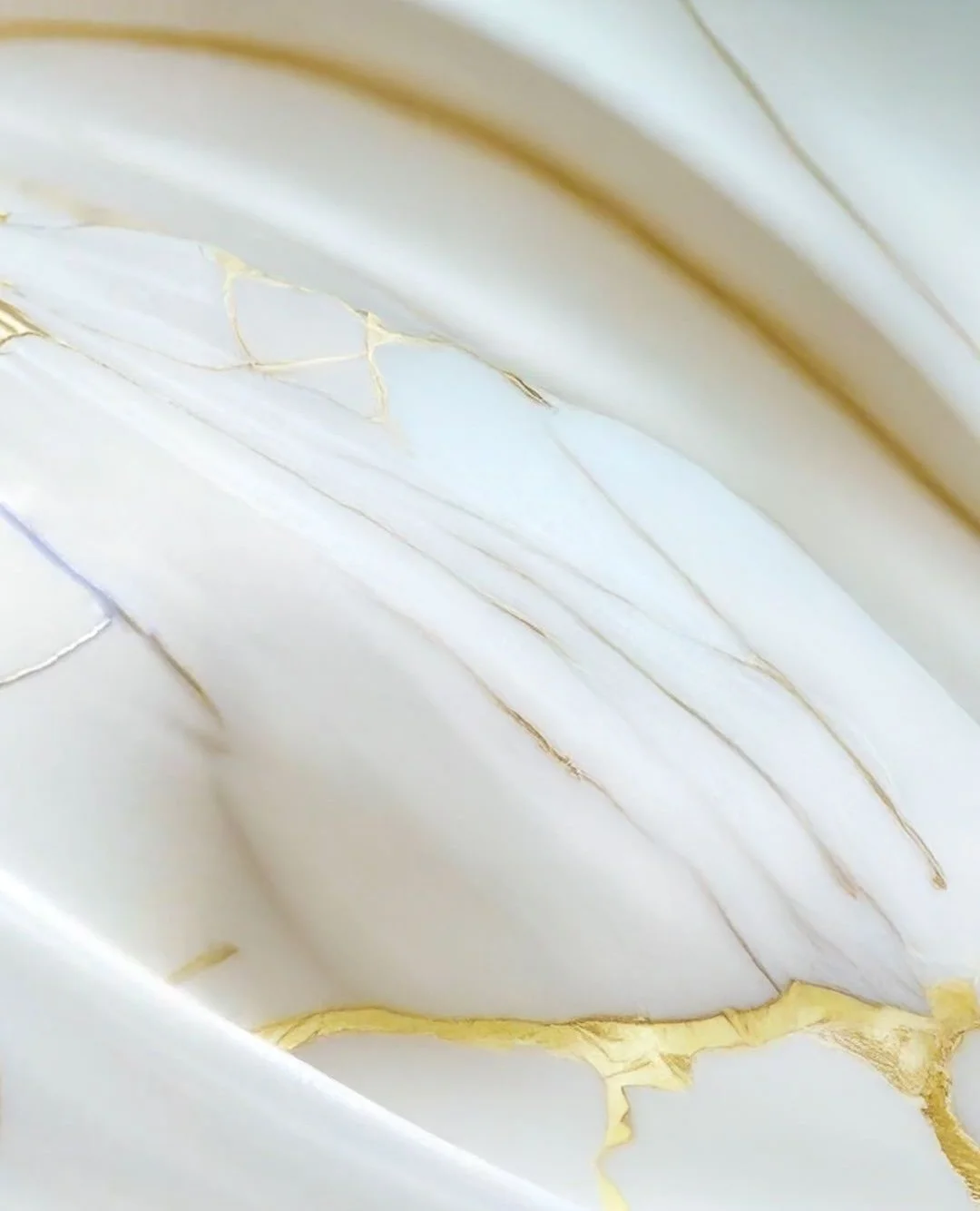Peptides, Explained: What They Really Do for Your Skin and Hair
Let’s talk about peptides—those teeny-tiny molecules that have been quietly transforming our skincare shelves and even sneaking into our haircare routines. They may sound like something you'd hear in a biology class (and you'd be right), but these little chains of amino acids have some serious clout when it comes to keeping our skin bouncy and our hair thriving. If you’ve ever wondered what peptides actually do, or why more and more products are proudly flaunting them on their labels, I’ve got you!
First, a bit of background. Peptides are basically the building blocks of proteins like collagen, elastin, and keratin—names we beauty girls know all too well. Think of peptides as messengers that tell your skin and hair what to do. As we age, our natural levels of collagen and elastin drop (ugh), which leads to things like fine lines, sagging, and a general loss of plumpness. Enter peptides: they help signal your skin to make more of the good stuff again.
There are all kinds of peptides used in beauty, but some of the big players in skincare include signal peptides (which boost collagen), carrier peptides (which help deliver trace minerals), and enzyme-inhibitor peptides (which slow down the breakdown of collagen). One of the most studied is palmitoyl pentapeptide-4, better known as Matrixyl. It’s been shown to reduce wrinkle depth and improve skin texture over time.
Peptides are also known to strengthen the skin barrier, which is a big deal if you're dealing with sensitivity or dryness. They help the skin retain moisture, fend off environmental damage, and generally keep things balanced. If your skin feels dull, tired, or easily irritated, peptides could be that quiet support system working in the background to help it bounce back.
Now, on to hair. Peptides in haircare are a bit newer in the mainstream, but the science is exciting. Copper peptides, in particular, have been studied for their potential to improve hair growth by stimulating the follicles and extending the hair growth cycle. They’re also thought to improve scalp health, which is essential if you're experiencing issues like thinning or shedding. A study in the Journal of Drug Delivery Science and Technology supports the use of copper peptides in addressing androgenetic alopecia, a common form of hair loss.
To be honest, I haven’t personally added peptides into my regular routine—yet. I'm still doing my own research and figuring out which formulas make the most sense for my skin and hair goals. But based on what I've read and what the science says, they’re definitely on my radar. The fact that they play well with other actives and work best with consistency makes them a low-risk, potentially high-reward addition to any routine.
So, are peptides a must-have? Not necessarily. But if you’re looking to boost your skin’s firmness, smooth out fine lines, or give your scalp a little TLC, it might be worth giving them a try. I know I’ll be keeping a close eye on them—and who knows, maybe I’ll finally find “the one” that earns a spot on my vanity.
Have you tried peptides in your routine? Would love to know what worked for you!



